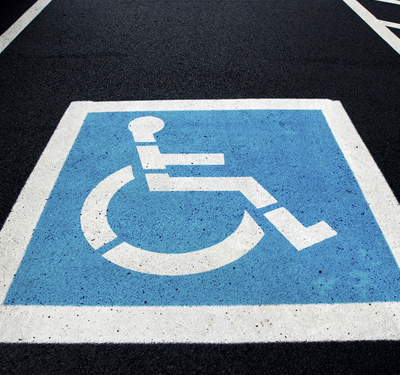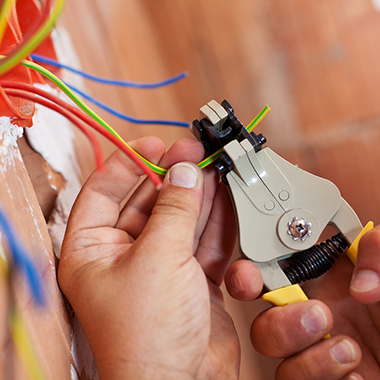
Categories
- All (57)
- Uncategorized (4)
- Sustainability (1)
- Engineering (25)
- Fundamentals (12)
- Services (11)
- Tenant Coordination (3)
- Facility Operations (5)
- Energy Solutions (3)
Tags
- All (57)
- HVAC (3)
- Safety (5)
- Retail Design (1)
- National Electric Code (2)
- Fire Protection Agency (2)
- Electrical Engineering (15)
- Mechanical Engineering (11)
- Boiler Room (5)
- Expansion Tanks (1)
- Equipment Layout (1)
- Calculations & Formulas (3)
- Rules of Thumb (1)
- NEC (1)
- Workplace (1)
- Facility Operations (7)
- Lighting (4)
- Kitchen (1)
- Energy Audit (1)
- fire protection (1)
- Plumbing (2)
- Restroom (1)
- Right-Sizing (4)
- Code (1)
- Vs. (1)
- ADA (1)
- Universal Design (1)
- Grease (1)
- Bid Documents (1)
- Before You Build (1)
- Air Conditioning (4)
- LEED (2)
- Water Treatment (2)
- Odor Control (2)
- Food Court (1)
- Restaurant (1)
- Tenant Coordination (15)
- Piping (2)
- Products (1)
- Energy (1)
- Commissioning (1)
- Leasing (1)
- Curb Adapter (1)
- Rooftop (1)
- Central Plant (2)
- Comfort Issues (1)
- Circuits (1)
Archives

Areas of Rescue Assistance Prove Beneficial
Posted in Engineering
Ohio Building Code has adopted the Americans with Disability Act Accessibility Guidelines (ADAAG) as part of code in order to ensure that areas of rescue assistance are required in any building that is more than one story tall. Areas of rescue assistance are spaces within a building that persons with disabilities who are unable to […]
read more

Be Careful: All About Arc Flashes
Posted in Fundamentals
Sometimes, things go wrong. But, as electrical engineers, it’s our job to prevent errors, injuries, or worse – catastrophes. One of the problems that can occur when a piece of equipment is being worked on is arc flash – which is a dangerous release of energy. What Causes Arc Flashes? Arc flashes are caused by […]
read more

What is Daylighting?
Posted in Sustainability, Engineering, Fundamentals
Daylighting is the controlled admission of natural light into a building to reduce electric lighting and save energy. Daylight can enter a space through several architectural elements, including windows, skylights, roof monitors, and clerestories. Each of these elements creates a daylighting zone, which must be controlled with a daylighting responsive lighting control system in order […]
read more

Preventing Power Outage Annoyances in Commercial Spaces with Batteries
Posted in Engineering
It was a dark and stormy night. As you’re lounging on your couch, relaxing from your workday, everything goes black. No lights, no television, and no margarita machine. Power outages occur from time to time in different spaces, but thanks to electric codes (and smart engineering) lighting can be restored and safety ensured in commercial […]
read more

Control of Lighting and Branch Circuit Loads
Posted in Engineering
THE CONTROL OF LIGHTING AND BRANCH CIRCUIT LOADS, WHETHER FOR CODE COMPLIANCE, CONVENIENCE, OR LOAD OPERATION FUNCTIONS, IS TYPICALLY PROVIDED BY CONTACTORS, LOW VOLTAGE RELAY PANELS, OR SMART BREAKERS CONTACTORS Contactors are historically the most common type of control device. Contactors can be of the three pole type, with a high ampere rating and […]

 Previous STORY
Previous STORY